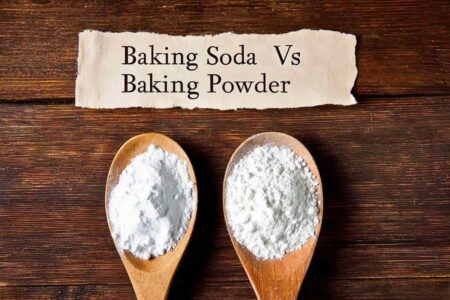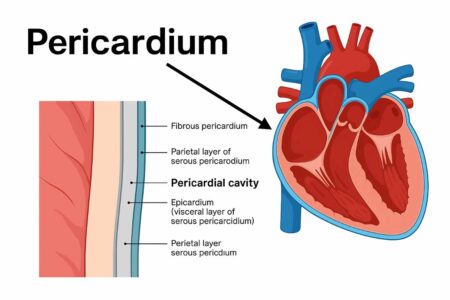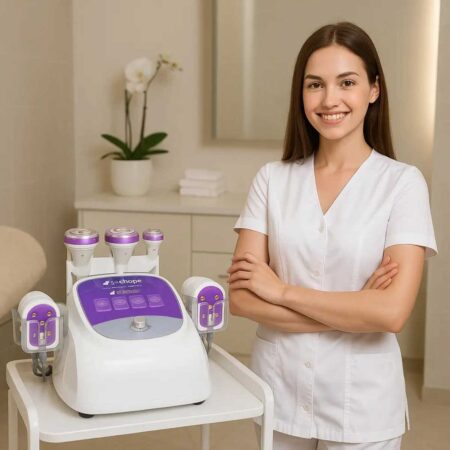Air quality, both indoors and outdoors, is an essential determinant of our overall health and well-being. Although the importance of outdoor air quality is often emphasized, we tend to overlook the quality of the air in our indoor environments, where we spend the majority of our time. The Environmental Protection Agency (EPA) states that indoor air can be two to five times more polluted than the air outside, emphasizing the need for vigilance. This is where the role of air filters in HVAC and PTAC units becomes crucial.
Air filters are the unsung heroes of our HVAC systems. They serve the dual function of protecting our HVAC equipment and purifying the air we breathe indoors. They accomplish this by capturing and removing a range of pollutants that include dust, allergens, and even certain types of bacteria. The key to leveraging these benefits is understanding the importance of high-quality air filters and how they contribute to a healthier indoor atmosphere.
Unpacking the Functionality of Air Filters
At the most basic level, air filters protect the HVAC system from the dust and particles that could otherwise impair its functioning. They act as a protective barrier, preventing these particulates from causing blockages or damage to the system. By keeping these pollutants at bay, air filters contribute significantly to the efficiency and longevity of HVAC equipment.
But the function of air filters is not limited to equipment protection. They play an equally, if not more, important role in air purification. High-quality air filters are designed to trap a variety of microscopic pollutants that are commonly found in indoor air. These can include allergens like pollen and dust mites, pet dander, mold spores, and even certain bacteria and viruses. By effectively capturing these harmful particles, air filters contribute substantially to the enhancement of indoor air quality, leading to healthier and more comfortable living and working environments.
The Health Implications of High-Quality Air Filters

When considering the impact of high-quality air filters, it’s important to understand that their benefits extend beyond mechanical efficiency and enter the realm of human health. By trapping airborne allergens, air filters play a significant role in minimizing the risk of allergy flare-ups and reducing the triggers for conditions like asthma. Additionally, their ability to filter out certain bacteria and viruses helps to mitigate the spread of airborne diseases, making indoor environments safer for inhabitants.
Air filters are particularly crucial in sensitive environments like hospitals and healthcare facilities, where maintaining pristine air quality is paramount. But their significance is not confined to such specialized settings. In any indoor space, from your home to your office, leveraging the power of high-quality filters in your HVAC or PTAC units can have a profound impact on the air quality. This, in turn, makes these spaces healthier, more comfortable, and conducive to overall well-being.
Navigating the Selection of Air Filters
The process of selecting the right air filter begins with an understanding of the Minimum Efficiency Reporting Value (MERV), a rating that signifies the effectiveness of air filters. Higher MERV ratings (between 13 and 16) indicate superior filtration capabilities, as they can capture smaller, more minute particles.
For most residential spaces, air filters with MERV ratings ranging from 8 to 13 are generally considered adequate. However, for individuals with respiratory conditions or allergies, or in homes with pets, filters with higher MERV ratings might be necessary for improved air quality. Furthermore, it’s crucial to consider the filter’s size and its compatibility with your existing HVAC system when making a selection.
The Need for Regular Air Filter Maintenance
Choosing a high-quality air filter is only half the battle; maintaining it correctly is the other half. Over time, dust and particles accumulate on the filter, clogging it and reducing its effectiveness. This can lead to diminished air quality and potential damage to the HVAC system. Therefore, it is advised to check your filters at least once a month, replacing them every 60 to 90 days.
In households with pets, or where individuals have allergies, you may need to change the filters more frequently. Consistent maintenance of your HVAC system and their filters, is vital for ensuring the longevity of the equipment and preserving the quality of your indoor air.
Conclusion
High-quality air filters play a pivotal role in creating healthier indoor environments. They enhance the operational efficiency of HVAC systems and significantly improve indoor air quality. Understanding their importance, functionality, and maintenance is the foundation for optimizing the benefits they provide. As we collectively strive for better health and well-being, it’s worth remembering that the journey to a healthier life begins with a single breath of clean, pure air.






